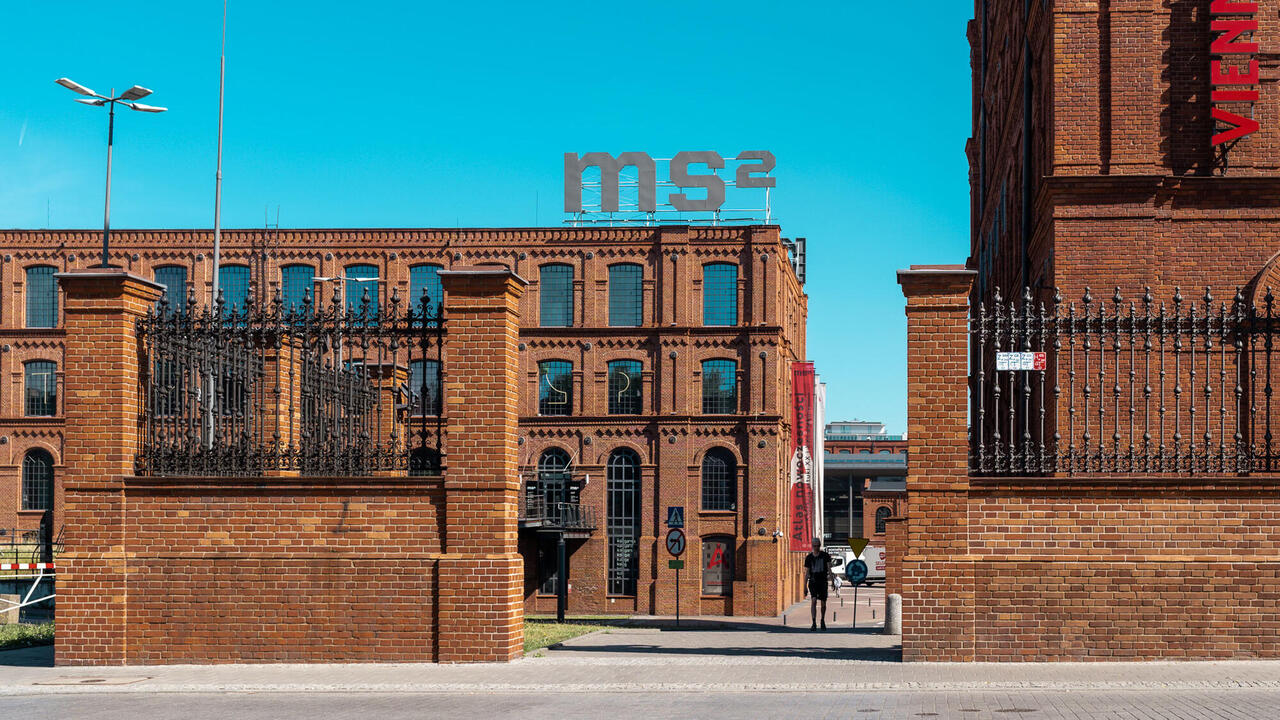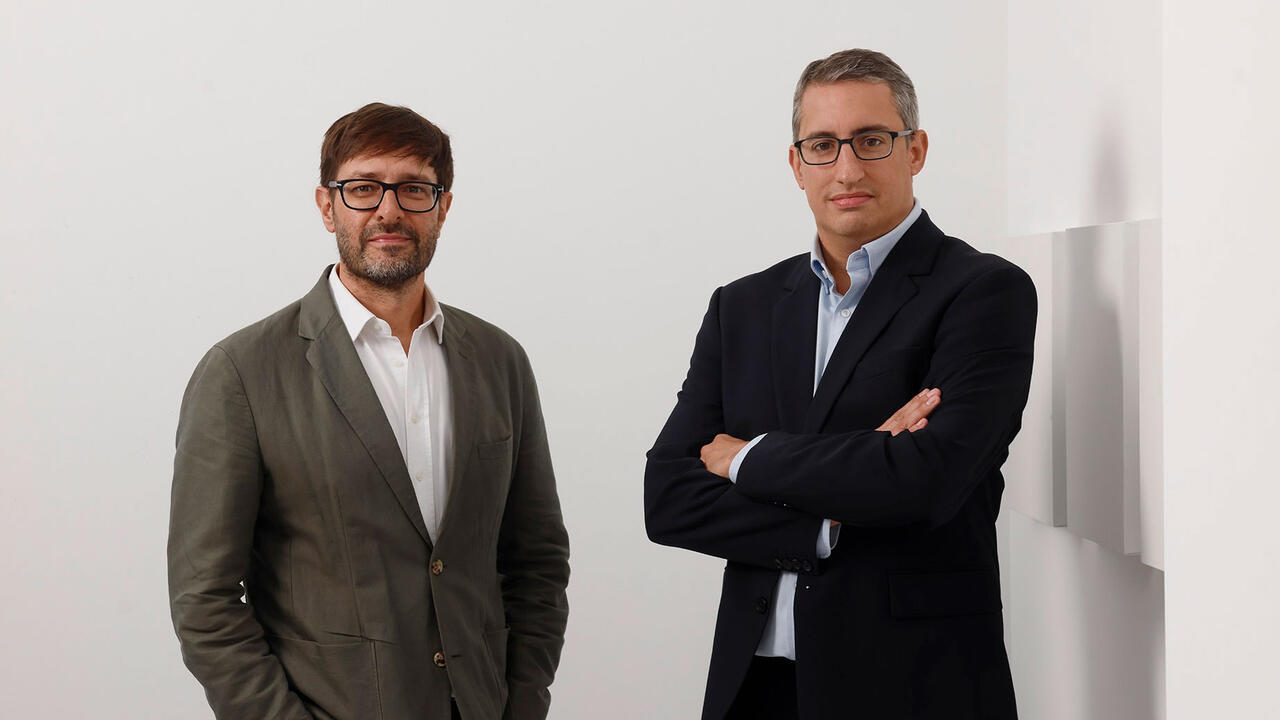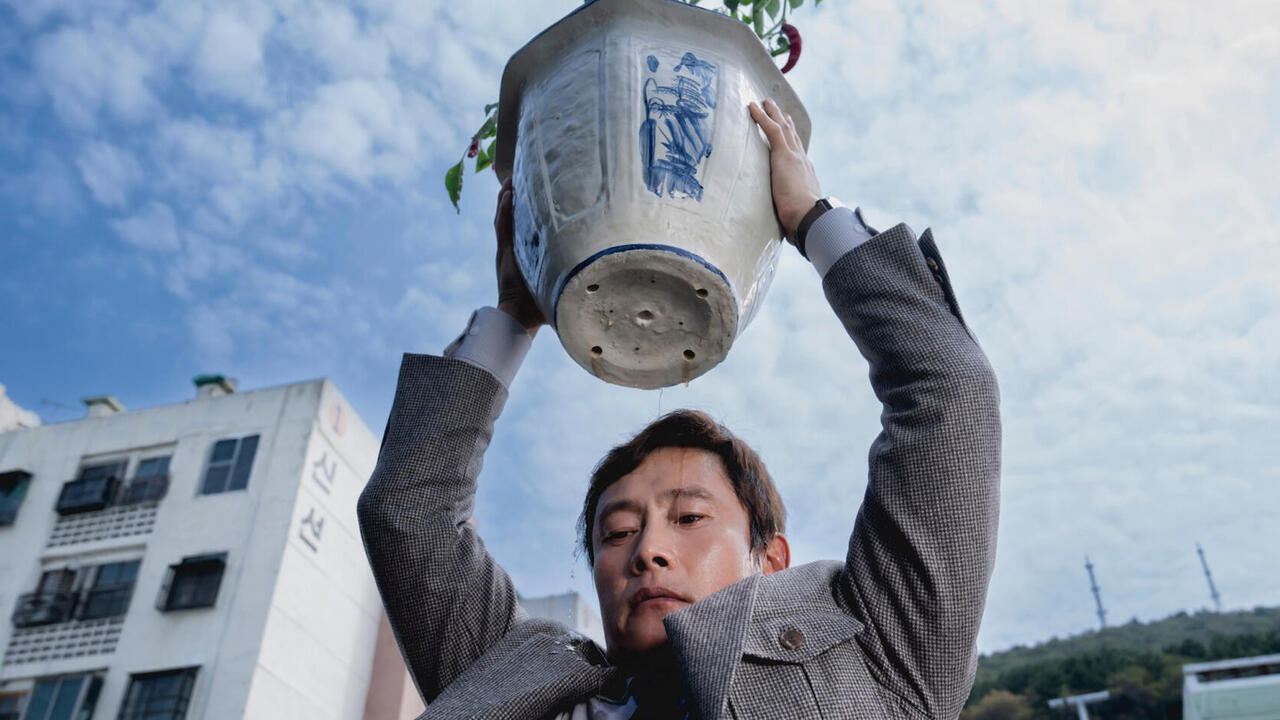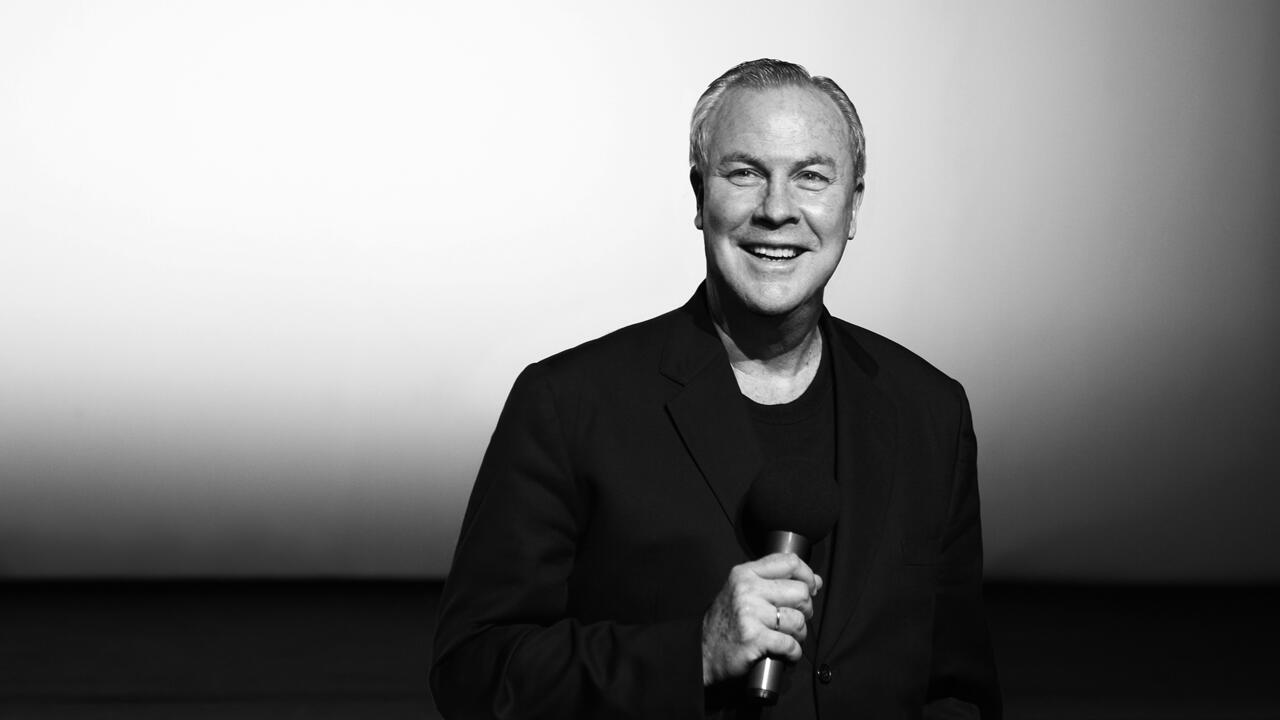A Matter of Taste
Erik Morse interviews Danish chef René Redzepi of noma, Copenhagen
Erik Morse interviews Danish chef René Redzepi of noma, Copenhagen
The gastronomic world of Danish chef René Redzepi is encapsulated in the extensive menu of the so-called world’s best restaurant, noma, in Copenhagen, Denmark, as equal parts art and pragmatism. Located in a former whaling warehouse in Christianshavn, with views of both the Copenhagen Opera House and the medieval inlets of the city’s fisheries, noma has become both the exemplar of New Nordic cuisine and an international destination for tourists in search of an authentic Scandic experience – one dash of peasant hygge and two sprinkles of mid-century Modern.
To say that noma has a strict epicurean philosophy – a kind of culinary analogue to Denmark’s other artistic export, Dogme ’95 – might be a slight understatement, though the atmosphere cultivated at Redzepi’s haus is hardly pedantic or doctrinaire. Between the muted Danish Modern design of the dining room and the converted loft space of the test kitchens (where up to 45 stagiaires from every corner of the world toil away, all smiles, on the day’s menu), there is an egalitarian blend of history and novelty at work, a style reflected in larger Scandic attitudes toward art, design, economics and ecology over the last 50 years.

noma has offered the 33-year-old Redzepi a forum to explore his uniquely Northern European palette for seasonal produce and foraged flora – which comes only as far away as the Faroes or Finland. Roots, shoots, berries, leaves, flowers and herbs, all indigenous to Scandinavia and all picked in the wild by Redzepi and his team of chefs, are at the heart of every dish. As mastermind and global diplomat of this new regional food scene, Redzepi has also rather humbly attained the role of chef of the new century. He will bring his Northern celebrity to London exclusively for the Olympics, during which time the pop-up restaurant, A Taste of noma, will be serving patrons at Claridge’s.
Erik Morse Let us begin with one of the most essential, though largely ignored, prerequisites for the experience of food – namely, walking, both as the cartographic source for and biological reason for eating. I am reminded of the Danish philosopher, Søren Kierkegaard, who was known to walk extensively through Copenhagen on a daily basis while sampling the city’s pastries. The history of philosophy and the history of cooking once shared an intimate connection with the activity of walking. That said, why is the idea of walking and foraging such an important component for noma?
René Redzepi Foraging is important to us for many reasons, although I must say that it doesn’t sum up what noma is – it is just one element of what we do. Here is one example of its importance: I think that foraging for us was a way of expanding our culinary vocabulary. In the wilderness, we have found a diversity that we had never dreamt of. We found flavours that we didn’t know existed in our part of the world.
EM Tell me a little about how these foraging quests work? Do you find that you are often drawn to particular landscapes based on intuition or emotion or is it completely dependent on season, availability, etc.?
RR Ninety-five percent of the ingredients that we forage can be found within one hour of the city. When the season starts in early spring, we are basically out there each and every day. Usually, one to five people will leave at 9 am and return in time for lunch service at 12 pm. Funnily enough, sometimes where we go really does depend on our mood. If you feel like escaping, you could drive to a remote beach, where there is no one but you. Another time, you may be a little more practical and try to collect as much as fast as possible, closer to the restaurant.
EM Foraging requires a direct encounter with the complexities of time, nature and weather, in order to be successful, particularly as the weather in Denmark is rough and unpredictable – snow, storms, floods, strong winds, winter nights, summer days. Have you found that your own philosophical relationship to weather and climate has radically changed or been intensified as a result of these foraging missions? Do you think of weather as a kind of palette upon which to create your work?
RR I have always joked that the real name of noma should be ‘the weather restaurant’ because the weather, more or less, dictates our menu. It is true too that ever since noma began, my relationship with wind, sun, rain and snow has become an integral part of me.
EM Noma’s emphasis on foraging also seems, on the surface, to be a rejection of the increasingly technologized flirtations we see in the gastronomic avant-garde, which has turned to molecular gastronomy and other scientific techniques to explore new ways of cooking. Do you think technology has a place in the kitchen at noma?
RR At noma, we are definitely not against technology. That would be like us being anti-progress.
EM Walking around Copenhagen for the first time, I’m immediately struck by the extraordinary symbiosis between traditional and modernist environments. Jean Nouvel’s DR Concert House and the Copenhagen Opera House sit organically next to the saddleback fish huts and royal palaces that dot the cityscape, in much the same way that traditional restaurants like Schønnemann stand alongside noma. How do you think the celebrated Danish acuity for style and environment has affected the philosophy of restaurant design in the city?
RR There seems to be a change in the thinking behind restaurant design here. For so long, we were known for our great design pieces, cutlery from famous silversmiths, Royal Copenhagen crockery, beautiful chairs and tables, but there was very little connection between the quality of the plate and cup and what filled them. Today, it feels like the new restaurants emerging are designed around the food. The importance of eating is becoming more evident and I think that this will come through the design too.
EM In recent years you have attained the popularity of a celebrity chef. Does this kind of commercial route interest you at all?
RR The commercial route interests me only to the point of securing my family’s future. Other than this, not at all. I have no personal ambition for material wealth. I am very happy at the restaurant and I see it as my duty to improve our ‘narrative’ today and tomorrow.




















